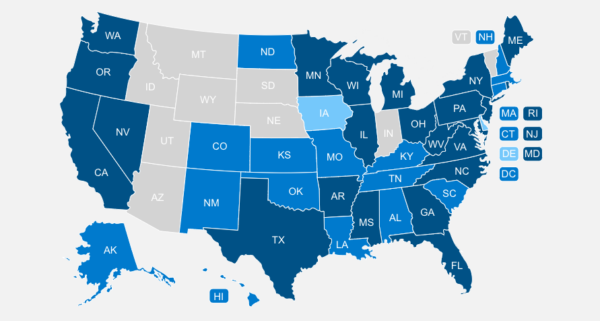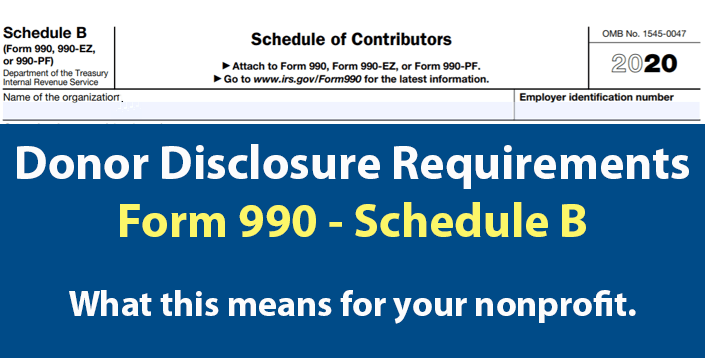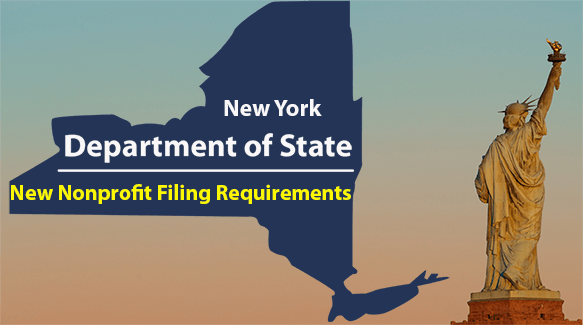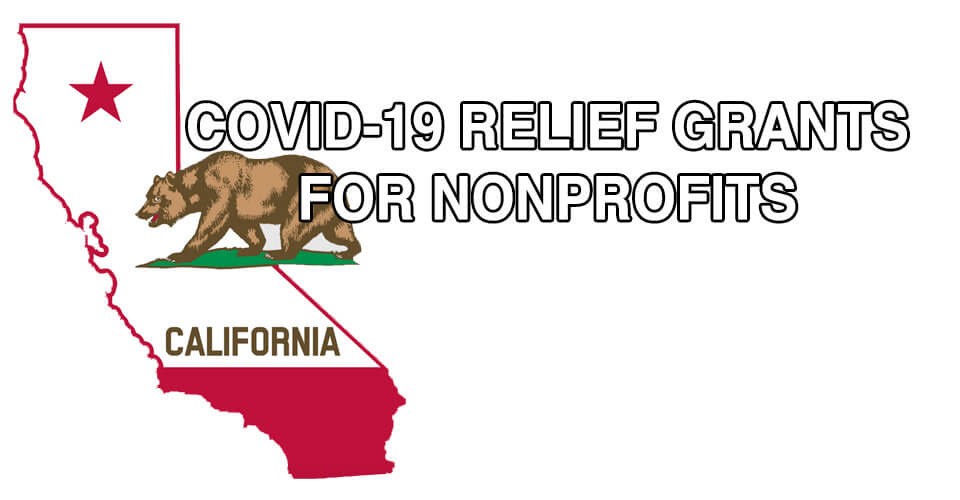
Maintaining Fundraising Momentum
October 1, 2019
How to Get More Donations on Giving Tuesday
November 26, 2019Why Commercial Co-ventures Are A Must

Register Your Commercial Co-venture.
Why Commercial Co-ventures Are A Must
A Commercial Co-venture is an agreement where a person or organization that normally conducts business for-profit, partners with a nonprofit organization to sponsor a sale of its products or services with an agreed upon percentage of the sale to be donated to the nonprofit. This type of arrangement or campaign is an example of cause-related marketing.
The for-profit entity can approach cause related marketing in several ways:
-They can select a charity to partner up with, with the proceeds going towards the charity’s cause.
-They could let consumers choose from a select pool of charities to benefit from their purchase.
-They could launch Purchase Plus campaigns, which are simply campaigns that take place at the point of purchase by asking customers to add a specified dollar amount to their bill.
-The license of a nonprofit’s logo can be bought for product certification purposes. For example, to steer consumers towards healthy products the American Heart Association can permit its logo to appear on certain products, deemed as heart healthy.
Cause-related marketing presents an opportunity for a for-profit company to boost its public image and distinguish itself from its competition. It also helps heighten public awareness of the cause of the participating charity.
Annually, American retailers carry billions of dollars’ worth of unsold merchandise. To get rid of overstock merchandise and make room for the new, retailers tend to run discounted campaigns or sales promotions. Most often, these sales promotions are run to mitigate a loss. Factor in the time and labor costs involved in re-pricing, re-attaching new price tags on merchandise, and the loss in gross revenue is even more pronounced. Hence the need for retailers to factor in commercial co-ventures in their marketing plans.
Retailers should definitely get into cause-related marketing for the right reasons, which is for a good cause. A retailer’s reputation can be harmed if the target audience sees the partnership with the nonprofit as a marketing ploy. That aside, there is no ignoring the fact that commercial co-ventures are a great opportunity to get rid of overstock or unsold merchandise. Factor in tax write-offs on the part of the retailer and the argument for commercial co-ventures become too compelling to ignore.
… But Wait Wait, Before You Start Your Commercial Co-venture!
It is important to know that Commercial Co-ventures are highly regulated, so registering and staying in compliance is important to avoid any legal issues and/or tax complications. This is especially the case if such partnerships cross state lines as registration requirements differ from state to state.
-22 states have statutes regulating Commercial Co-ventures.
-State laws can control the contents of a contract, advertisement, disclosures, state registrations and filings.
-A few states require the for-profit entity to file post charitable sales paperwork.
-To make sure consumers are well informed, some states require disclosure statements be included in the promotion. For example, the percentage per item sold going to the charity.
-States such as South Carolina, require the for-profit and non-profit to file a joint financial report after the campaign.
-Several states require a written contract with the charitable organization. In some cases, certain provisions such as description of goods to be sold and in what geographical location must be included in the contract.
-12 states require that any sort of advertisement state the percentage of sales proceeds going towards the charity. In other words, being vague as to how much the charity is receiving could be illegal.
-States like Alabama and Massachusetts have bond requirements for commercial coventurers.
All in all, make sure that you have the right people and allocate adequate resources towards registering and staying in compliance. If you do not have the resources nor expertise to prepare and file required paperwork, I urge you to consult with the state registration experts at Labyrinth, Inc. for guidance.
Proceed With Caution!
Cause marketing is a venture that requires careful planning, monitoring and implementation for your organization to reap its benefits. Failure to do so could result in unintended financial and legal ramifications such as Unrelated Business Taxable Income (UBIT). The Internal Revenue Service defines UBIT as tax on unrelated business income, which comes from an activity engaged in by a tax-exempt entity that is not related to the exempt purpose. It is therefore important to structure the campaign in such a way that the tax-exempt entity avoid any active marketing role that could subject it to UBIT.
If your organization is planning on launching a commercial co-venture or plans to expand to other jurisdictions, it is important that you do your due diligence to avoid common issues that could taint your organization’s reputation. We would be happy to discuss your Commercial Coventurer campaign with you and go through the relevant regulations and registration requirements.
Written by Franklin Asongwe





















